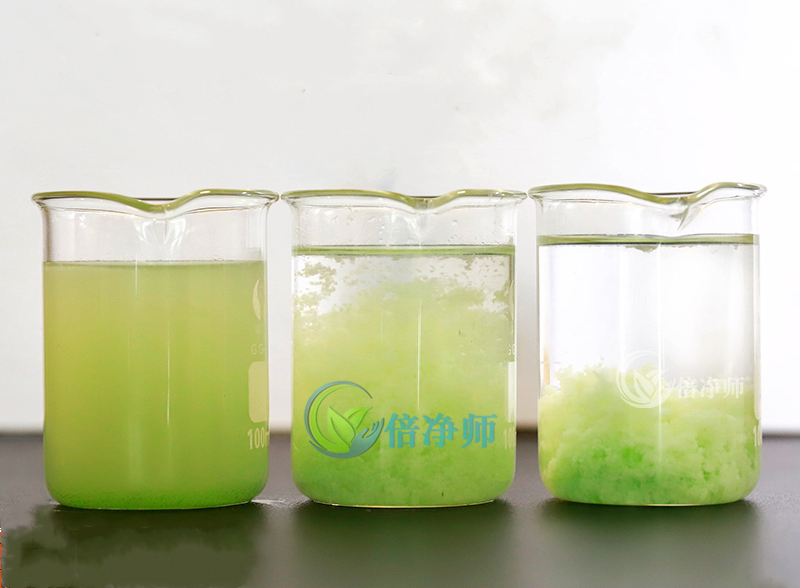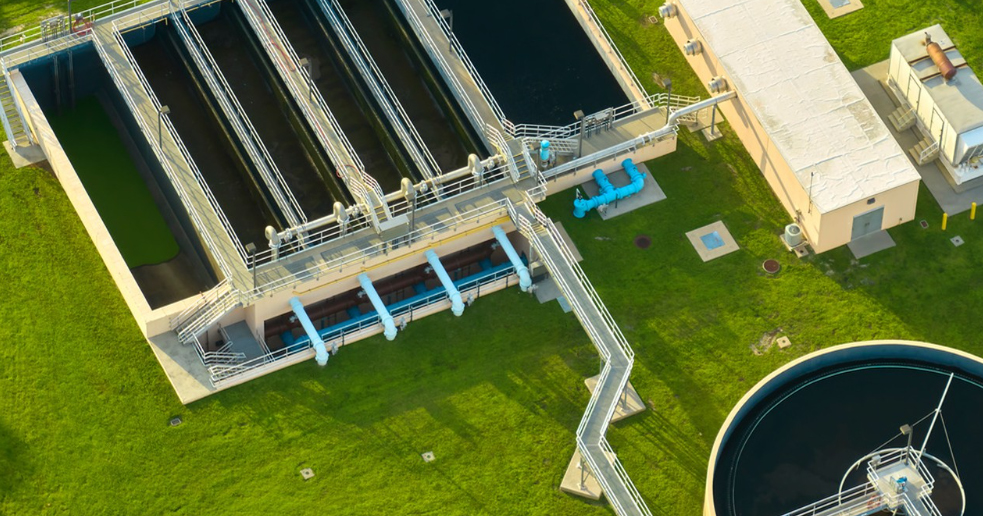Industrial wastewater often contains complex mixtures of organic and inorganic compounds, leading to strong, unpleasant odors that pose environmental and health challenges. As industries seek sustainable ways to manage these issues, deodorants designed specifically for industrial applications have become essential tools. In this article, we explore the role of industrial deodorants, particularly deodorants for wastewater, in achieving effective odor control, with a focus on the rising popularity of biological deodorants.
The Role of Industrial Deodorants in Wastewater Management
Industrial processes such as manufacturing, food production, and chemical synthesis generate wastewater laden with sulfur compounds (e.g., hydrogen sulfide), ammonia, and volatile organic compounds (VOCs)—all major contributors to foul smells. Traditional methods like physical filtration or chemical neutralization may not fully address odor issues, making specialized deodorants for wastewater critical. These products are formulated to target the molecular sources of odors, either by neutralizing odor-causing compounds or inhibiting their formation.
Types of Industrial Deodorants for Wastewater
-Chemical Deodorants: These use substances like activated carbon, oxidizing agents (e.g., chlorine), or masking agents to neutralize or cover odors. While effective in the short term, they may introduce secondary pollutants or require frequent application.
-Biological Deodorants: Gaining traction for their sustainability, biological deodorants leverage natural microorganisms (such as bacteria and fungi) to break down organic waste through biodegradation. These microbes consume odor-causing compounds as a food source, converting them into harmless byproducts like water and carbon dioxide. This approach offers long-term odor control without harmful chemicals, aligning with global trends toward green technology.
Why Odor Control Matters in Industrial Wastewater
Effective odor control is more than just a matter of comfort—it’s a regulatory and reputational imperative. Strong industrial odors can irritate nearby communities, lead to complaints, and even result in environmental fines. By integrating deodorants into wastewater treatment systems, industries can meet regulatory standards, protect public health, and enhance their corporate image.
The Advantages of Biological Deodorants
-Environmental Friendliness: They avoid the use of harsh chemicals, reducing the risk of water and soil contamination.--
-Cost-Effectiveness: Once established, the microbial cultures in biological deodorants can self-sustain, minimizing long-term treatment costs.
-Targeted Action: They specifically degrade organic pollutants, making them highly effective for wastewater streams rich in biodegradable matter.
-Safety: Non-corrosive and non-toxic, they pose fewer risks to workers and equipment compared to chemical alternatives.
Implementing Deodorants in Wastewater Systems
To maximize effectiveness, industries should assess their wastewater composition to select the right deodorant type. For organic-rich streams, biological deodorants are often the optimal choice, while mixed-composition waste might require a combination of chemical and biological solutions. Proper application—whether through direct injection into treatment tanks, spray systems, or aeration processes—is also crucial for uniform distribution and odor neutralization.
Conclusion
In industrial wastewater management, odor control is a vital component of responsible environmental stewardship. Industrial deodorants, especially innovative biological deodorants, offer sustainable, efficient solutions to tackle complex odor challenges. As industries worldwide prioritize sustainability, the shift toward eco-friendly deodorization technologies like biological treatments is not just a trend but a necessary step toward a cleaner, more livable future. By choosing the right deodorant for their specific wastewater needs, companies can achieve both operational efficiency and environmental compliance, proving that effective odor control and sustainability can go hand in hand.
As a professional chemicals manufacturer in the water treatment Industry, Sanmei have helped more than 5,000 plants with process solutions and helped them improve production efficiency, reduce costs, and optimize profit plans. Our main goal is to assist you in optimizing production efficiency and profitability in a sustainable way. Welcome to consult us and get a free wastewater treatment solution by filling in the form below or email to brian@san-mei.com.











